Table of Contents
Quality Service Guarantee Or Painting Free

Get a rental agreement with doorstep delivery

Find the BEST deals and get unbelievable DISCOUNTS directly from builders!

5-Star rated painters, premium paints and services at the BEST PRICES!
Loved what you read? Share it with others!


Submit the Form to Unlock the Best Deals Today
Check Your Eligibility Instantly

Experience The NoBrokerHood Difference!
Set up a demo for the entire community
Section 80EEA of the Income Tax Act for Home Loan
Table of Contents
Are you looking for an additional deduction under Section 80EEA or are you confused about what section 80EEA of income tax is about and what are the 80EEA exemptions? Don't worry, we are here to answer all your questions and will make sure the meaning of section 80EEA is clear to you. Learn about the deductions, its eligibility and the conditions for availing the benefits under section 80EEA of the Income Tax act.
Can Taxpayers Claim Deduction Under Section 80EEA in 2023?
As of April 1, 2022, individuals who have been granted housing loans are no longer eligible to claim deductions under Section 80EEA. The benefits provided under this section were discontinued on March 31, 2022. Consequently, any housing loans sanctioned after this date will not qualify for the tax deduction benefits previously available under Section 80EEA. It is important for individuals to be aware of this change in order to make informed decisions regarding their housing loan applications.
What is Section 80EEA of the Income Tax Act?
In 2019, Section 80EEA of the Income Tax Act was introduced by Finance minister Nirmala Sitharaman in the Union Budget which aims to stimulate the ‘Housing for All by 2022’ program of the central government. This program offers additional tax benefits on the purchase of affordable homes. Section 80EEA of income tax was introduced to expand the benefits allowed under Section 80EE for low-cost housing. Deduction under 80EEA can be claimed by an individual until the repayment of the home loan.
Quality Service Guarantee Or Painting Free

Get a rental agreement with doorstep delivery

Find the BEST deals and get unbelievable DISCOUNTS directly from builders!

5-Star rated painters, premium paints and services at the BEST PRICES!
It is an additional deduction for an individual who pays interest on home loans. The HUF, AOP, BOI, partnership firm, or any other taxpayer is ineligible for the deduction under Section 80EEA.

Provision of Deduction Under Section 80EEA

Deduction under section 80EEA has a provision that home buyers can save up to Rs 1.50 lakhs per year in favour of the interest paid on home loans. This is in addition to the Rs 2 lakhs that the buyer already saves under section 24 (b) of the Income Tax Act. According to this section, in respect to the self-occupied property, for the interest on housing loan additional deduction sec 80EEA of up to the extent of Rs 2 lakhs.
Interest that is paid on any housing loan is allowed as a deduction to the extent of Rs 2 lakhs with respect to the self-occupied property. In order to provide further benefit, the section allows an additional deduction of Rs 1.5 lakhs for interest on a housing loan, for purchasing an affordable house up to Rs 45 lakhs in value.
Therefore, if a person wants to purchase an affordable house, he/ she will get an enhanced interest deduction of up to Rs 3.5 lakhs. All categories of buyers can claim deduction on home loan interest payments under Section 24(b). The rebate of Rs 1.50 lakhs against interest payment under Section 80EEA is over and above this limit.
Eligibility to Claim Deductions Under Section 80EEA
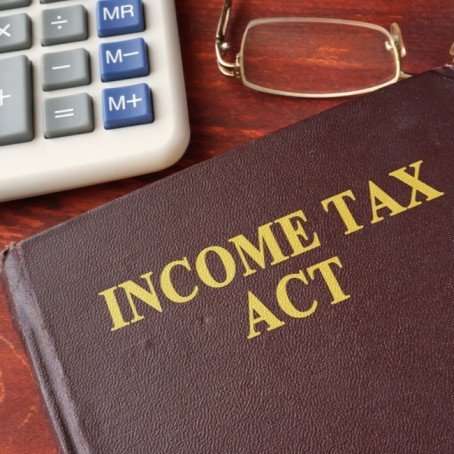
- Only first-time homebuyers are eligible to claim benefits under this law, as this section specifies that the borrower should not own any residential property at the time the home loan is granted.
- This deduction can be claimed against home loan interest payment, that too with the deduction 80EEA limit of Rs 1.50 lakhs per year for the eligible buyer.
- To be eligible the borrower's home loans are to be sanctioned between April 1, 2019, and March 31, 2021, to claim these benefits.
- Only individual buyers are eligible to claim deductions under this section. The benefits cannot be claimed by companies, Hindu undivided families, and so on.
- The buyer should apply for a home loan from a financial institution (sources such as banks housing finance companies) and not from any family members or any other relatives or friends.
- To be eligible to get the deduction, the stamp value of the property should not be more than Rs 45 lakhs.
- Buyers of residential house property can claim the benefit of an 80EEA deduction. It is specified in the law that the loan must be borrowed for the purpose of buying the property and not for reconstruction, repair, maintenance, etc.
- If any buyer is claiming any kind of deductions under Section 80EE, then he/ she will not be able to claim the deductions under Section 80EEA.
- It has been interpreted by tax experts that even non-residents (NRIs) can claim 80EEA deductions as there is no law which specifies that whether a first-time buyer has to be a resident Indian to claim the deduction.
Conditions for Claiming Deduction Under Section 80EEA
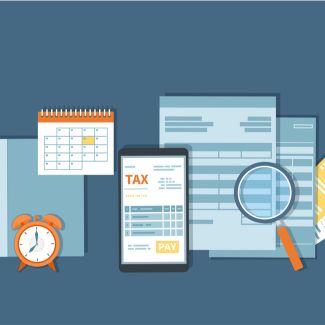
According to section 80EEA of income tax, the first and most important condition for deduction is that the taxpayer should be a first-time homebuyer and the taxpayer should not own any residential house or property as on the date of the sanction of the loan.
There are some points with regards to conditions based on the carpet area of the house. According to the Finance Bill, if the house is located in any metropolitan city of Bengaluru, Chennai, Delhi National Capital Region (limited to Delhi, Noida, Greater Noida, Ghaziabad, Gurgaon, Faridabad), Hyderabad, Kolkata, and Mumbai (the whole of Mumbai Metropolitan Region), it's size should not more than 645 sq. ft or 60 sq. meters. For units in any other city, its size should be limited to 968 sq. ft or 90 sq. meters.
Read: Everything You Need to Know About Income Tax Benefits on Home Loans
The stamp duty value of the house property should not be more than Rs 45 lakhs to get the deduction.
For claiming the deduction under Section 80EEA, the section does not specify that the property must be self-occupied, to seek the tax break. This also allows the buyers who are currently living in any rented accommodations to claim deductions while also claiming the HRA benefits under Section 80GG.
In the case of the joint owners, they can both claim Rs 1.50 lakh each as deductions under this Section, all the conditions should meet and the conditions must be laid down properly.
Who can claim for Deduction?
The income tax deduction on home loan interest 80EEA is only available to those who are purchasing their first house. One must keep in mind that in order to qualify for a home loan, the applicant cannot currently own any residential real estate.
Can NRI claim Deduction Under Section 80EEA?
Whether or not one must be an Indian resident is not specified in the statute. As a result, non-residents can also claim deductions under Section 80EEA of the Income Tax Act, according to tax experts.
Provisions for First Time Buyers
First-time house purchasers are those who do not currently own any real estate at the time they apply for a loan. Even if the concerned person's parents own property, every household headed by a working adult can be regarded as a separate one.
Can Co-owners Claim Deduction Under Section 80EEA?
Each co-owner or joint borrower may claim a 80 EEA maximum limit deduction of Rs. 1.5 Lakh under Section 80 EEA in the matter at hand. Each of them must, however, satisfy all the requirements.
Difference between Section 80EEA and Section 24(b)
Homebuyers can claim income tax deductions under both, Section 24(b) and Section 80EEA, and they can enhance their total non-taxable income to Rs 3.50 lakhs if they meet the eligibility criteria. However, the deductions under Section 80EEA can only be claimed after exhausting the Rs 2-lakh limit specified under Section 24(b).
The major differences between both the sections are:
| Section 24(b) | Section 80EEA | |
| Possession | Possession of property is required | Possession of property is not required |
| Loan Source | Banks or any other personal source | Loan source must be from a bank |
| Deduction | Rs 2 lakhs or entire interest | Rs 1.50 lakhs |
| Property Value | No specification | Maximum property value should not exceed Rs 45 lakhs |
| Loan Period | Loan period should start after April 1, 1999 | Loan period should be between April 1, 2019, to March 31, 2022 |
| Eligibility | All kinds of home buyers | First-time individual homebuyers |
Difference between Section 80EEA and Section 80EE
The first-time buyers claiming the deductions under Section 80EE cannot claim the deductions under Section 80EEA of the income tax act. This point is specifically mentioned in the law. The major differences between both sections are mentioned below.
| Section 80EE | Section 80EEA | |
| Property Value | Maximum of Rs. 50 lakhs | Maximum of Rs. 45 lakhs |
| Loan Amount | Up to Rs. 35 lakhs | Not specified |
| Loan Period | April 1, 2016, to March 31, 2017 | April 1, 2019, to March 31, 2021 |
| Maximum Rebate | Rs. 50,000 | Rs. 1.50 lakhs |
| Lock-in Period | No specific requirement | No specific requirement |
80 EEA Income Tax Act: Key Points to Remember
Although this deduction is technically accessible until March 2022, if you match the qualifying requirements, you may still be able to claim it at any time during the loan's term.
If you are the only earner in a family, you may be treated as a separate household under the PMAY rules and regulations. Furthermore, if you want to purchase a home on your own and are financially independent but not married, you will be regarded as having a separate household. As a result, you are now qualified to use the section 80EEA income tax act's deductions for your first home acquisition.
As a result, under Section 80EEA of the Income Tax Act, a first-time house buyer is eligible for a tax break of up to Rs. 1.5 lakh. This new law stimulates the expansion of the real estate market by piquing investors' first interest in purchasers.
Which Cities would the 80 EEA Income Tax Act be Applicable in?
Bangalore, Delhi, Chennai, Faridabad, Greater Noida, Ghaziabad, Hyderabad, Gurugram, Kolkata, Noida, and Mumbai are among the metropolitan areas that qualify for tax deductions through 80EEA interest on housing loan. Until your house loan is fully paid off, you may claim deductions. You may only claim a deduction once each year.
The Maximum Deduction Under Section 80EEA
If you’re still wondering how much you can save in total with income tax section 80EEA, then here is the answer - Rs 1.5 lakh per year.
This Rs.1.50 lakh is towards the interest paid on home loans, in addition to the 2 lakhs that you will save with the help of Section 24 (b).
According to finance minister Nirmala Sitharaman, those of you who have purchased affordable housing (houses below Rs.45 lakhs) can now save a total of Rs.3.5 lakhs on interest deductions. The breakup is Rs 2 lakhs under 24B (can be claimed by all buyer categories not just affordable homes category) and Rs.1.5 lakh under 80EEA.
Post your questions below and we will try to help you find the right answers. If you’re still looking for a home loan, or need help with the process, let the experts at NoBroker help you. You also get a hassle-free experience as a dedicated loan manager serving you full time. NoBroker loans are also fast, you can avail of a home loan with quick loan disbursement in about 72 hours! This is the best part of NoBroker loans. Click the link below and get your home loan at the best rates.

FAQ's
Section 80EEA was introduced in the Union Budget 2019. In the Union Budget of the year 2020, its cover was increased for another year to March 2021.
Under this section, first-time homebuyers can claim a tax deduction of Rs 1.50 lakhs in a year against the home loan interest payment.
Under this section, only first-time homebuyers can claim deductions.
In case, the loan has been taken from a bank or housing finance company, then they should be eligible for deduction.
The stamp duty value of the property should not be more than Rs.45 lakhs.
The individual should not claim deductions under Section 80EE as well.
The stamp duty value of the property should not be more than Rs.45 lakhs to get the deduction under this section.
The homebuyers can claim the deductions under both these sections and enhance their total non-taxable income up to Rs 3.50 lakhs only if they meet the eligibility criterion. However, the deductions under Section 80EEA can only be claimed after exhausting the limit of Rs 2 lakhs under Section 24(b).
Recommended Reading
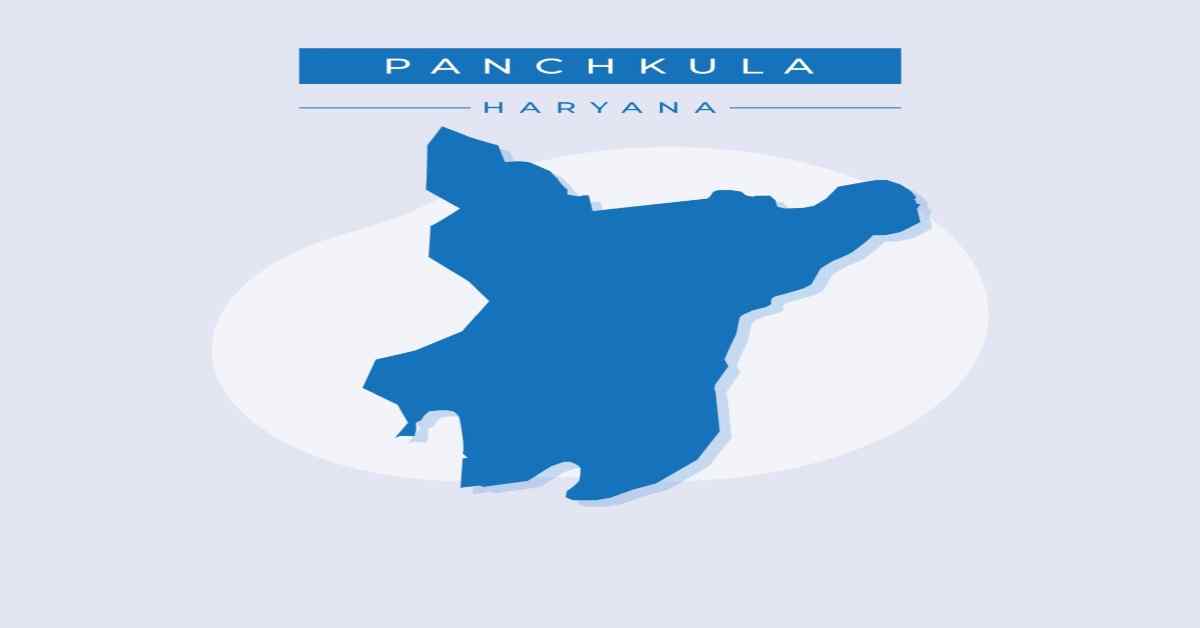
Panchkula Property Tax: Payment Methods and Receipt Download 2025
February 12, 2025
2994+ views

Simple Introduction to Indian Property Tax
January 31, 2025
5207+ views

MCGM Property Tax 2025 - How to Pay BMC Mumbai Property Tax Online
January 31, 2025
18318+ views
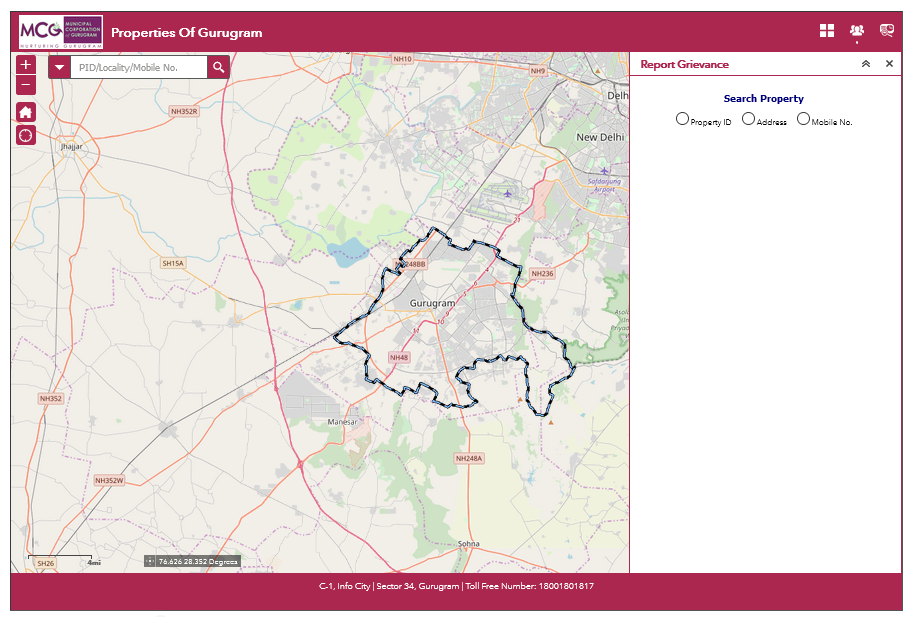
Property Tax Gurgaon Online: About Property Tax in Gurugram
January 31, 2025
5527+ views
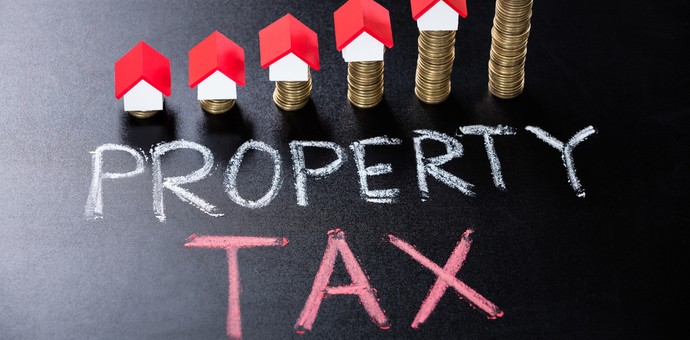
Property Tax Hyderabad - How to Pay Property Tax Online in Hyderabad
January 31, 2025
4149+ views
Loved what you read? Share it with others!
Most Viewed Articles

Franking Charges Explained: Meaning and Benefits
January 31, 2025
1095049+ views

What is the BBMP E-Khata Registration process for property owners in Bangalore, Karnataka in 2025?
March 3, 2025
125759+ views

Supreme Court Verdict on Society Maintenance Charges
January 31, 2025
91674+ views
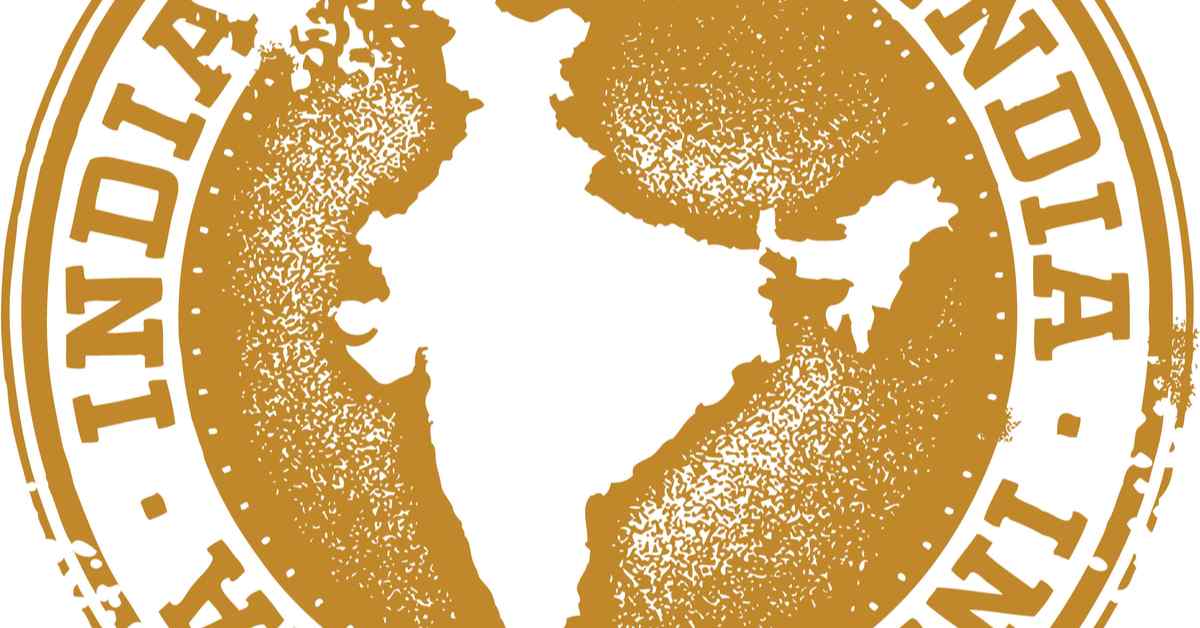
All You Need to Know about Revenue Stamps
January 31, 2025
74204+ views
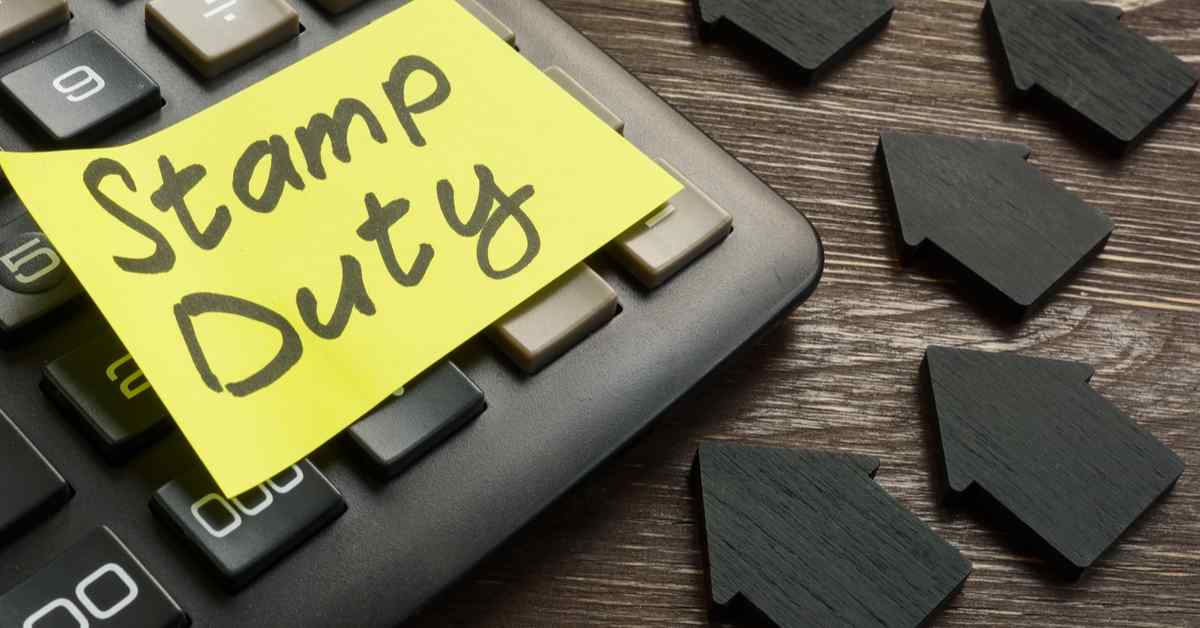
Stamp Duty and Registration Charges in Bangalore in 2025
January 23, 2025
68901+ views
Recent blogs in
What is the BBMP E-Khata Registration process for property owners in Bangalore, Karnataka in 2025?
March 3, 2025 by Suju
Panchkula Property Tax: Payment Methods and Receipt Download 2025
February 12, 2025 by Suju
How to get Non-Encumbrance Certificate Online and Offline: Download and Check Status 2025
February 11, 2025 by Vivek Mishra
e-Aasthi BBMP: Search Property Details, Download Certificates, and Check Status Online
February 5, 2025 by Suju
Simple Introduction to Indian Property Tax
January 31, 2025 by NoBroker.com





Join the conversation!